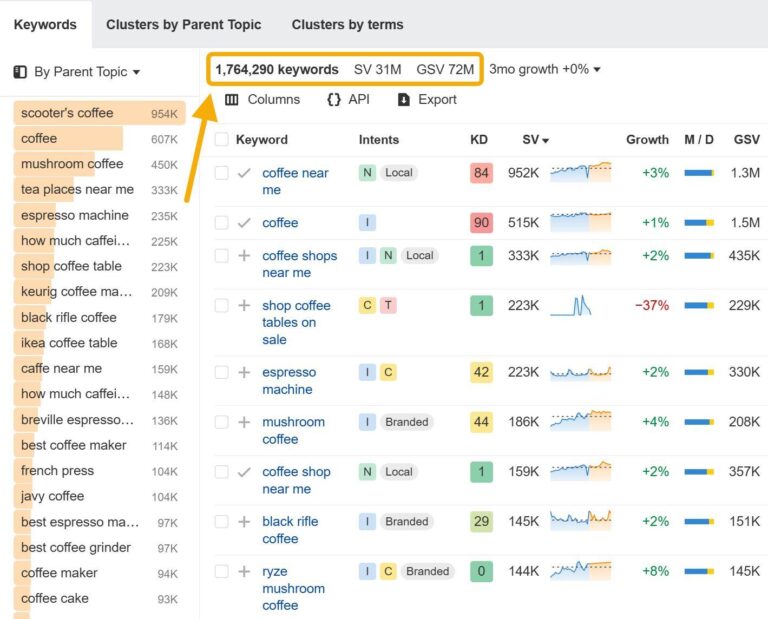In Germany, delivery riders for major apps such as Lieferando and Uber Eats have taken to the streets to protest recent layoffs and the widespread use of subcontractors, commonly referred to as “fleets.” Labor lawyers warn that these fleets exploit a legal gray area, disproportionately affecting immigrant workers who depend on these jobs for their livelihood. The demonstrations highlight ongoing concerns over precarious working conditions and the growing challenges faced by gig economy workers in the country.
Delivery Riders Rally Against Job Cuts and Subcontracting Practices in Germany
Delivery workers across Germany have taken to the streets, demanding an end to widespread layoffs and the controversial practice of subcontracting through third-party fleets. These delivery apps, including giants like Lieferando and Uber Eats, increasingly rely on intermediary firms that employ riders on precarious contracts. Labor experts warn that this system effectively bypasses essential employment protections, leaving many workers-particularly immigrants-vulnerable to sudden job terminations and poor working conditions. Protestors emphasize the need for transparency and fair labor standards that recognize riders as employees rather than independent contractors.
According to labor lawyers, subcontracting generates a legal loophole that companies exploit to minimize costs and avoid responsibilities such as social security contributions, minimum wage guarantees, and benefits. Immigrant workers, who compose a significant portion of the delivery workforce, often face the brunt of these practices, as their job security is tightly linked to the survival of subcontractor fleets. The ongoing rallies seek to raise public awareness and pressure regulators to enforce stricter rules. Below is a snapshot of the key issues at stake:
- Precarious contracts: Short-term and unstable agreements with subcontractors.
- Limited legal protections: Riders lack access to social benefits and labor rights.
- Immigrant workforce: High dependence on delivery jobs among migrant communities.
- Corporate accountability: Calls for platform companies to directly employ riders.
Legal Experts Warn Fleets Exploit Immigrant Workers Through Regulatory Loopholes
Labor attorneys have highlighted a growing concern within Germany’s gig economy, where delivery apps such as Lieferando and Uber Eats leverage subcontractor fleets to circumvent traditional employment laws. These fleets operate as intermediaries, engaging workers on precarious contracts that lack the protections of formal employment. This structure disproportionately affects immigrant workers, many of whom depend on these positions as their primary source of income. Without standard labor rights, these riders face sudden layoffs, reduced earnings, and minimal job security.
Key issues raised by legal experts include:
- Use of subcontracting to avoid employer accountability.
- Systematic underpayment and lack of social benefits.
- Inadequate enforcement of labor regulations across fleets.
- Dependence of immigrant workers on unstable job arrangements.
| Issue | Impact on Workers |
|---|---|
| Legal Loopholes | Fleets evade direct employer responsibilities |
| Contractual Ambiguity | Jobs classified as “contractor” reduce rights |
| Job Insecurity | Workers face sudden layoffs without recourse |
| Lack of Benefits | No access to health insurance or paid leave |
Calls for Stronger Labor Protections and Transparent Employment Models in Gig Economy
Riders working for popular food delivery platforms like Lieferando and Uber Eats have taken to the streets in Germany to protest recent layoffs and the widespread reliance on subcontracted “fleets.” These fleets operate as intermediaries, offering the delivery apps an easy way to circumvent direct employment responsibilities. Labor experts argue that this practice not only weakens workers’ rights but also institutionalizes precarious work conditions that predominantly affect immigrant communities who depend heavily on these gigs for their livelihood.
Legal advocates emphasize the urgent need for clearer regulations to address this mounting challenge. Key demands from protesters and labor organizations include:
- Mandatory direct employment contracts to guarantee basic rights and benefits
- Transparent payment structures eliminating hidden fees and unfair deductions imposed by subcontractors
- Stricter enforcement of labor laws to close loopholes exploited by platform companies
- Comprehensive social protections including health insurance, paid leave, and unemployment support
These calls highlight a growing consensus that the gig economy’s current framework often prioritizes corporate flexibility over worker security, demanding urgent legislative attention to foster fair and sustainable labor standards.
To Conclude
As protests continue across Germany, delivery riders are demanding greater job security and an end to the widespread use of subcontractors by major delivery platforms such as Lieferando and Uber Eats. Labor experts warn that these “fleet” models not only undermine workers’ rights but also exploit a vulnerable workforce, predominantly composed of immigrants who depend on these jobs for their livelihood. The unfolding dispute highlights broader questions about labor protections in the gig economy and the urgent need for regulatory reforms to ensure fair treatment for all delivery workers.




